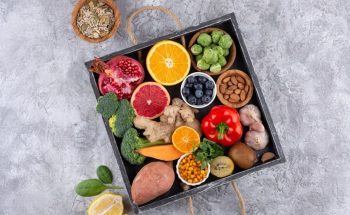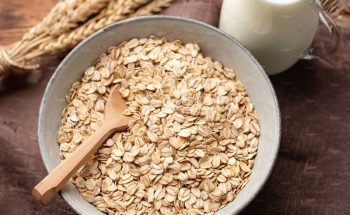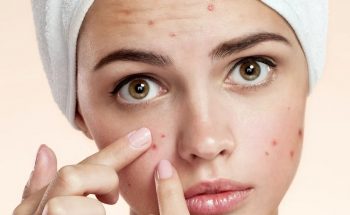For years, detox has been a marketing buzzword tied to juices, teas and unregulated supplements. These products promised to sweep toxins from the body, yet lacked a scientific foundation. By 2025, the conversation in the UK will have shifted. The modern urban detox is no longer about restrictive diets but about evidence-based strategies that support the body’s natural resilience. In cities where people are exposed daily to pollution, processed food and stress, wellness is being redefined as an ongoing practice grounded in nutrition and lifestyle choices. The fundamental reset comes not from external cleanses but from a healthier gut, a plant-rich diet and habits that work with, not against, the body’s existing systems.
From fads to functional health
The NHS and global health bodies are transparent: the liver and kidneys already perform detoxification effectively. The body does not require special juices or supplements to cleanse itself. What modern science recommends is reducing unnecessary burden through better nutrition and healthier routines. Consumers in the UK are increasingly aware of this. The new approach to detox is proactive, focusing on reducing the impact of pollution, stress and poor diets with strategies that fortify the body’s innate systems.
Gut health is the cornerstone of wellness
Why the microbiome matters
The gut microbiome is now central to Britain’s wellness conversation. This ecosystem of bacteria and other microorganisms regulates nutrient absorption, immune defence and the metabolism of waste. Dysbiosis, or imbalance, has been linked to chronic inflammation and poor energy regulation. Supporting the gut has become the most practical and evidence-based way to strengthen overall health.
Practical steps for gut support
Probiotics: Fermented foods such as live yoghurt, kefir and sauerkraut contain live strains of beneficial bacteria. Labels that specify strains and colony-forming units provide transparency.
Prebiotics: Non-digestible fibres found in oats, bananas, leeks and garlic feed healthy bacteria. A varied diet ensures these fibres are regularly consumed.
Fun fact: The gut houses around 70% of the body’s immune cells, making it one of the most influential organs in long-term health.
The power of plants in an urban detox
Plant-forward eating
A plant-based diet has gained momentum in Britain, not only for environmental reasons but also for its health benefits. Plants deliver antioxidants, fibre and phytonutrients that support liver and gut function.
Functional foods to prioritise
Cruciferous vegetables: Broccoli, kale, and cauliflower contain compounds that stimulate liver detox enzymes.
Alliums: Garlic and onions provide sulphur compounds that aid natural cleansing.
Beetroot: Rich in betalains, which reduce oxidative stress and inflammation.
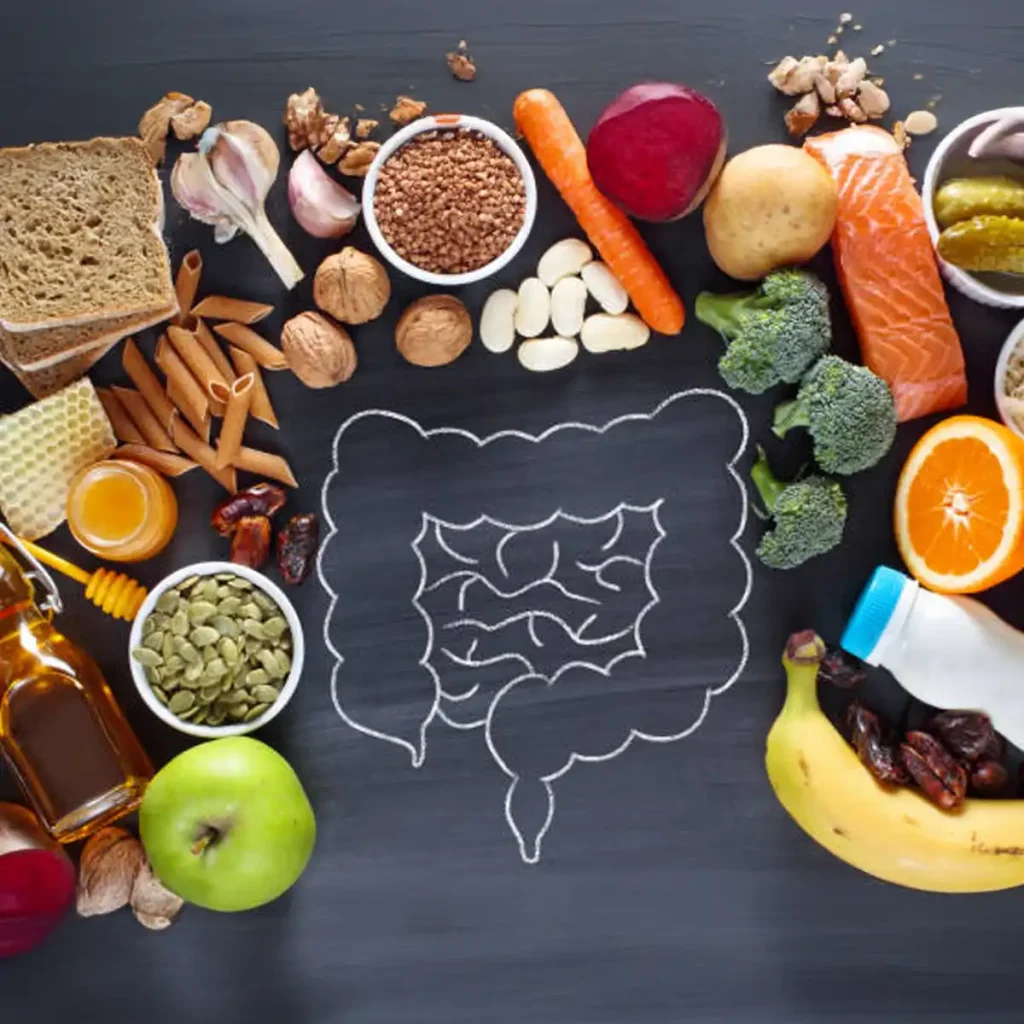
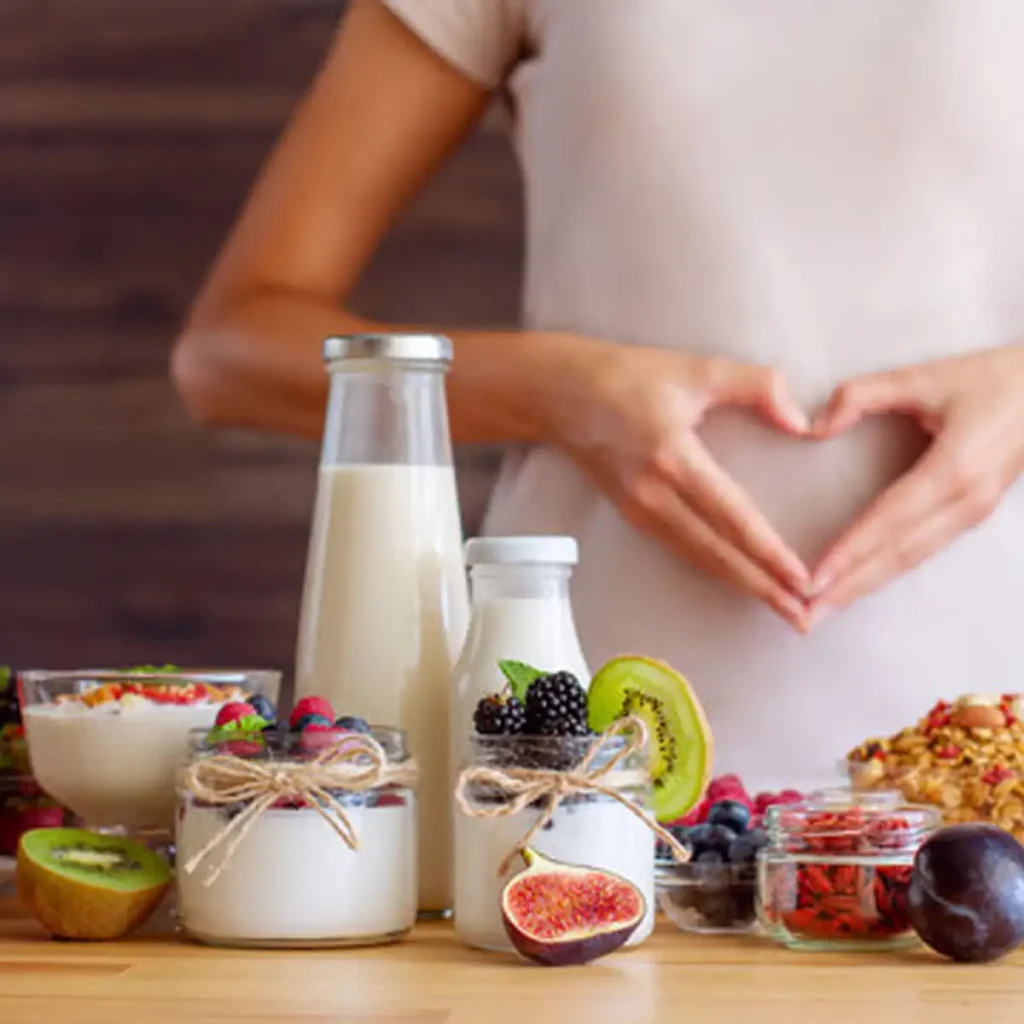
Ensuring balance
King’s College London research shows that while plant-based eating improves heart health, careful planning is needed to avoid deficiencies. Vitamin B12, iron, and omega-3 fatty acids may need to come from fortified foods or supplements to ensure completeness.
Fasting as a strategic reset
Evidence-based protocols
Intermittent fasting is increasingly popular in the UK as a metabolic strategy rather than a crash diet. It gives the gut time to rest and activates autophagy, the body’s natural cell-cleaning process.
16/8 method: Eat within an 8-hour window and fast for 16 hours. Evidence links it to improved insulin sensitivity and weight control.
5:2 method: Eat normally five days a week and restrict calories on two non-consecutive days.
Important caveats
Fasting is not suitable for everyone. People with diabetes, eating disorders or those who are pregnant should not follow fasting protocols without medical supervision. It is a tool, not a universal solution.
Debunking commercial detox myths
Despite regulations, detox products continue to make claims that lack evidence. The Food Standards Agency and EU law prohibit health claims without scientific proof. Products promising to “cleanse toxins” remain common, yet the benefits people report usually come from cutting out alcohol, sugar and processed food rather than from the products themselves.
Building trust in health content
The rise of online health advice makes trust more vital than ever. Google’s E-E-A-T framework—Experience, Expertise, Authoritativeness and Trustworthiness—offers a clear standard.
Expertise: Content should be created or reviewed by qualified health professionals.
Authoritativeness: Recognition from credible medical organisations and trusted sources adds weight.
Trustworthiness: Transparency, accurate citations and balanced views show integrity.
By applying these principles, a wellness platform can distinguish between evidence and marketing spin, giving readers the confidence to act on the information.
A roadmap to urban wellness
The urban detox is not a diet plan or supplement but a lifestyle. The following steps reflect the leading strategies for UK adults:
* Eat a wide variety of plants each week, aiming for 30 types to support gut diversity.
* Include fermented foods regularly to strengthen microbiome resilience.
* Prioritise hydration, exercise and sleep alongside nutrition.
* Consider fasting only with professional guidance and within safe boundaries.
* Avoid products that make exaggerated or unverified claims.
Conclusion: the future of detox is lifestyle, not products
The future of detox in Britain is not about short cleanses but about choices that sustain long-term vitality. By supporting gut health, eating diverse plants, and embracing balanced routines, people can thrive despite the challenges of urban living. The most effective reset is not purchased in a bottle but practised daily through food, movement and rest.
As the proverb goes, an ounce of prevention is worth a pound of cure. That principle defines the modern urban detox: prevention through sustainable, evidence-based living.

